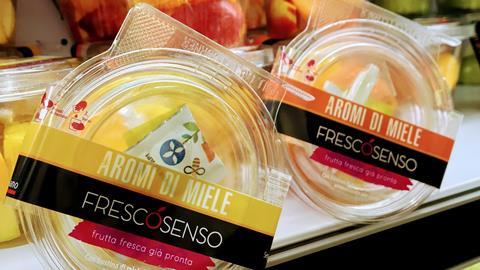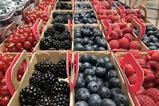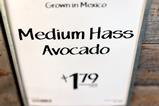Packaging industry representatives slam PPWR as ”poisonous” and “ideological”, and warn of negative consequences for Italy’s fruit and vegetable export business
New EU rules on packaging are “the poisoned fruit of an ideological, anti-plastic preconception” and a major threat to fruit and vegetable supply chains, according to Pro Food, which represents the interests of 14 Italian food packaging companies.
In a statement, the group said an agreement reached in early March between the European Council and the European Parliament on what is known as the Packaging and Packaging Waste Regulation (PPWR) was a serious threat to the fresh produce business and effectively meant plastic packaging would be banned without allowing the industry to scope out viable alternatives, keep a lid on associated costs, and maintain food safety.
In a scathing takedown of the new rules, it also said PPWR would:
• Undermine all of its companies’ sustainability investments
• Cause 2,000 job losses in the Italian packaging sector
• Reduce Italy’s ability to compete in international food markets
• Hinder growth in the Italian recycling industry
“In reality, if this is the final outcome, it will be a serious blow our fruit and vegetable supply chains’ efficiency and ability to penetrate Europe,” the statement concluded. “Plastic is a great opportunity and not a threat, and this production-distribution model should be taken as an example, not be sentenced to death.”
PPWR’s highly contentious Article 22 provides for a ban on packaging for fresh fruit and vegetable products that weight less than 1.5kg.
According to Pro Food, the legislation is also a threat to the single market, because it says each EU member state will be able to introduce specific exemptions for specific varieties, and will also be able to roll out further national bans.
“Anyone with a minimum of familiarity with the fundamentals of community trade can evaluate whether or not all of this is sustainable, and above all how high the risk, if not the certainty, is of undermining the fundamental concept of the single market, creating ‘de facto’ many national laws for packaging,” it argued.
Fundamental risk
According to Pro Food, more than two-thirds of the packaging used for fruit and vegetables in Europe is produced by Italian companies.
“Italian producers of plastic packaging for fruit and vegetables have always invested in sustainability and are already developing a circular economy, made up of significant, increasing recycling quotas for products placed on the market.”
It added: “We offer the market cutting-edge packaging that in many cases already respects not only the sustainability criteria of Regulation 2023/2486, but also those that PPWR itself targets by 2040, which means recyclability associated with an average recycled content equal to 70 per cent of the weight of the object.”
Italy’s fresh produce exports themselves are therefore at risk, it said. “Thanks to the availability of this effective and sustainable packaging, Italian fruit and vegetable exports are growing. And also thanks to them, in Berlin you can eat Pachino tomatoes in good condition at reasonable prices.”
Lack of data
One of Pro Food’s main objections to PPWR is what it regards as a lack of objective data. “There is none, not even in the same study on which PPWR is based,” it said, adding that alternative packaging materials allowed by the EU in future would have a higher environmental impact.
“Plastic packaging’s high conservation capacity reduces its content’s deterioration and therefore cuts the risk of food waste,” it continued. “This is something fundamental, which a holistic approach to global sustainability cannot ignore. The rule-makers have neglected it.”
Environmental sustainability cannot be separated from economic sustainability, it observed. “Alternative packaging costs at least double that of plastic, and this extra cost, added to the invisible cost of food thrown away because it deteriorates more quickly, will eventually fall mainly on farmers and consumers. This will generate inflation for many products in the food basket.”
Even the replacement of plastic with so-called bioplastic – produced from renewable biomass sources – is not a realistically viable path, Pro Food suggested.
“Our companies have already been producing bioplastic containers for years, but in this case the limits in terms of availability, cost, functionality make them only a good alternative for small pockets of demand in the agricultural supply chain.”









